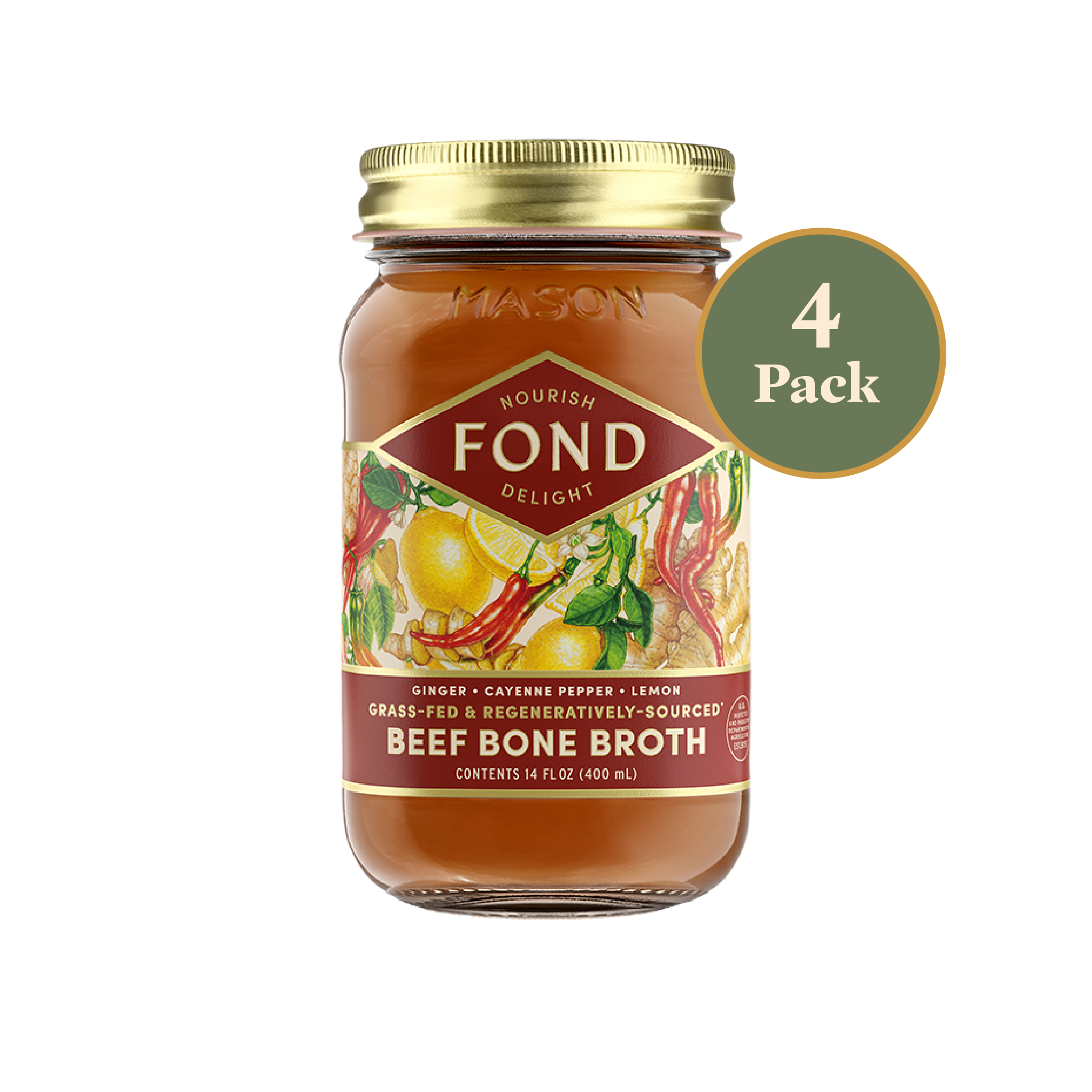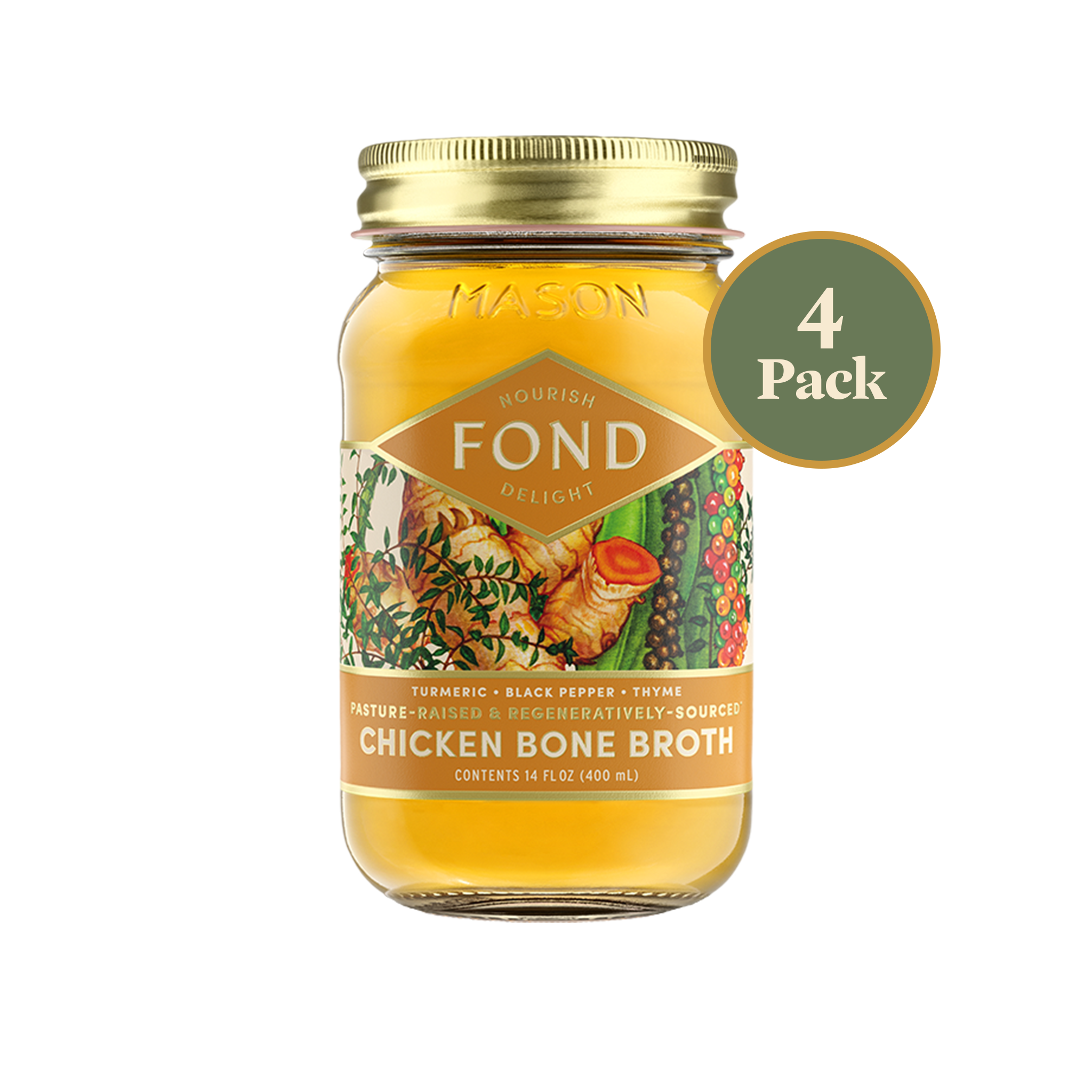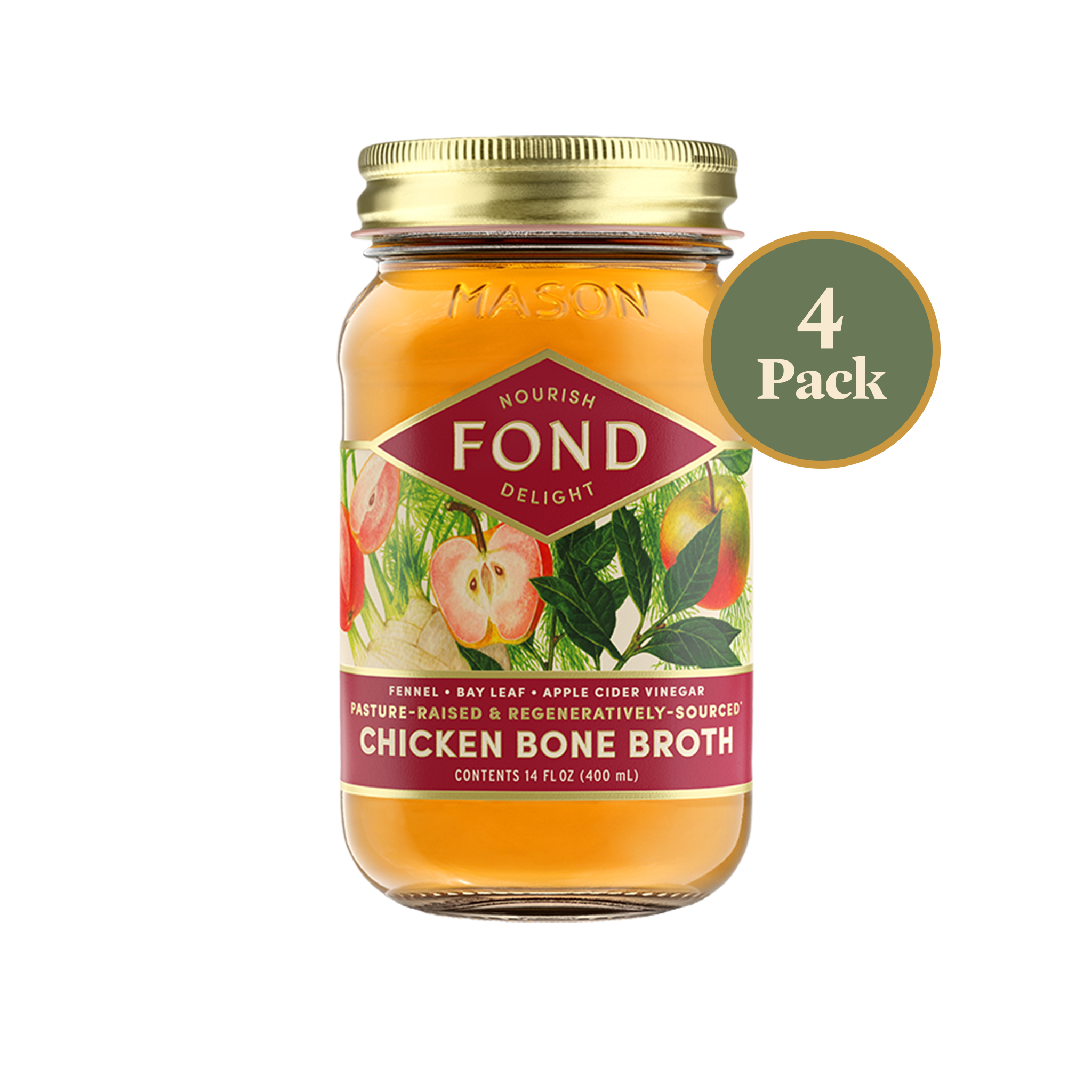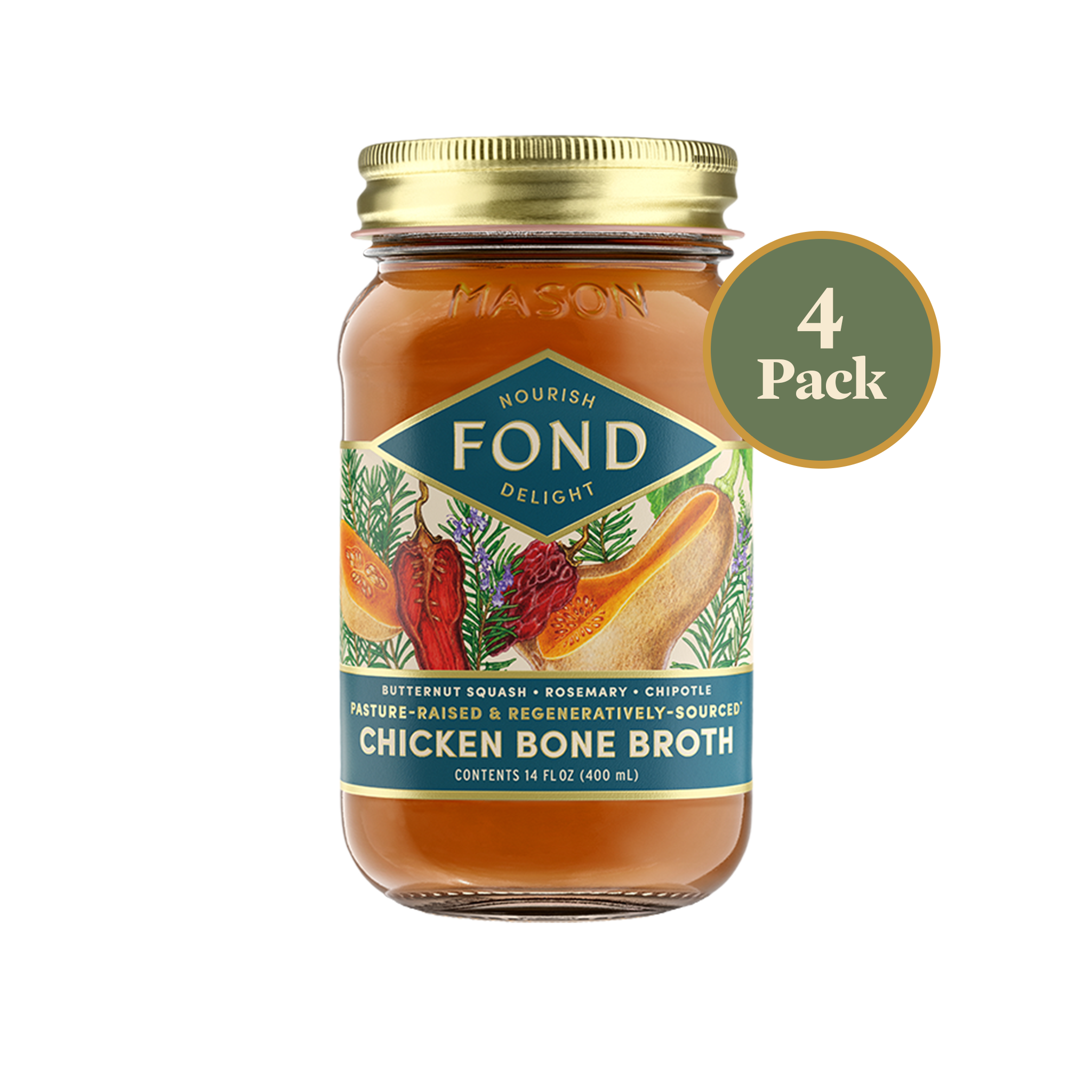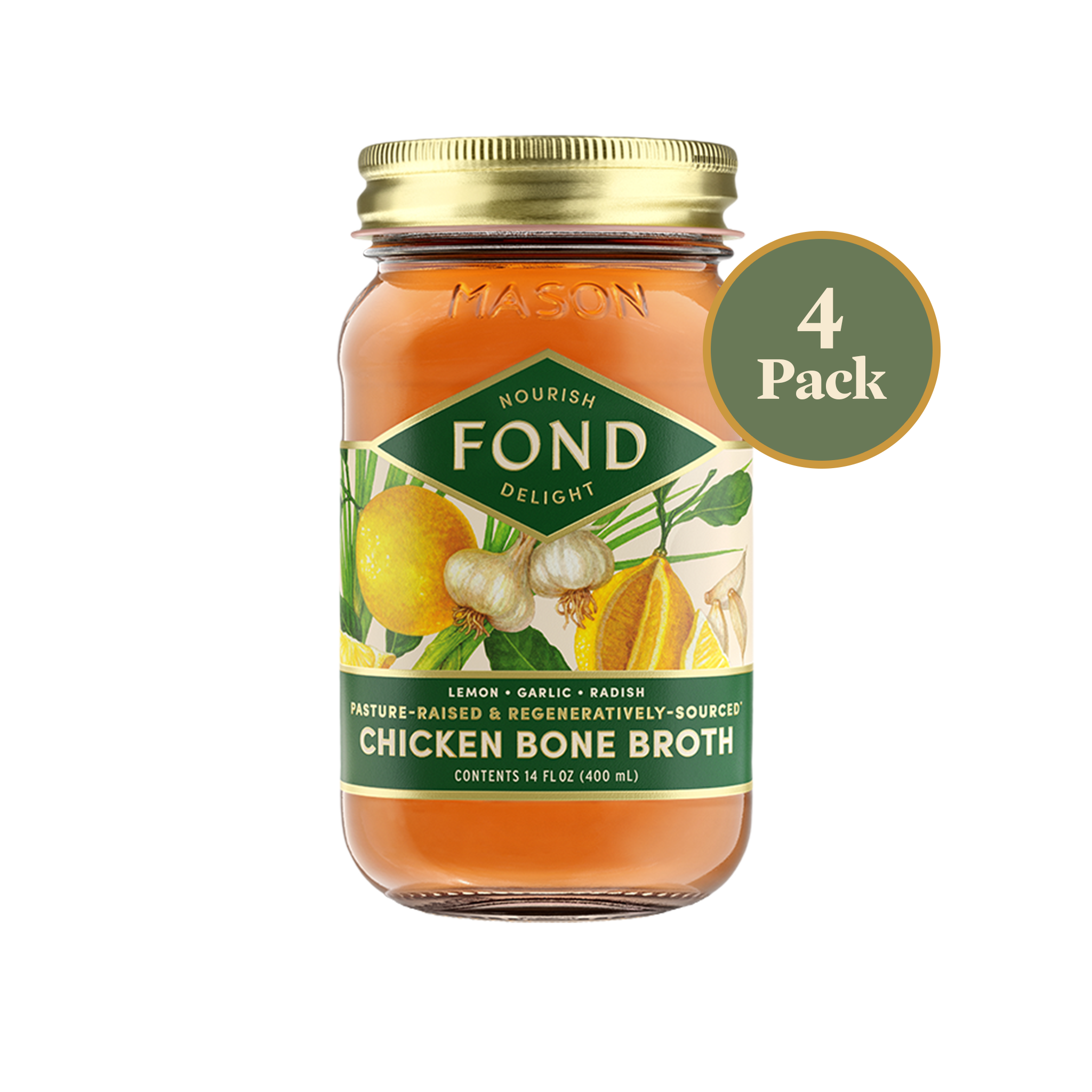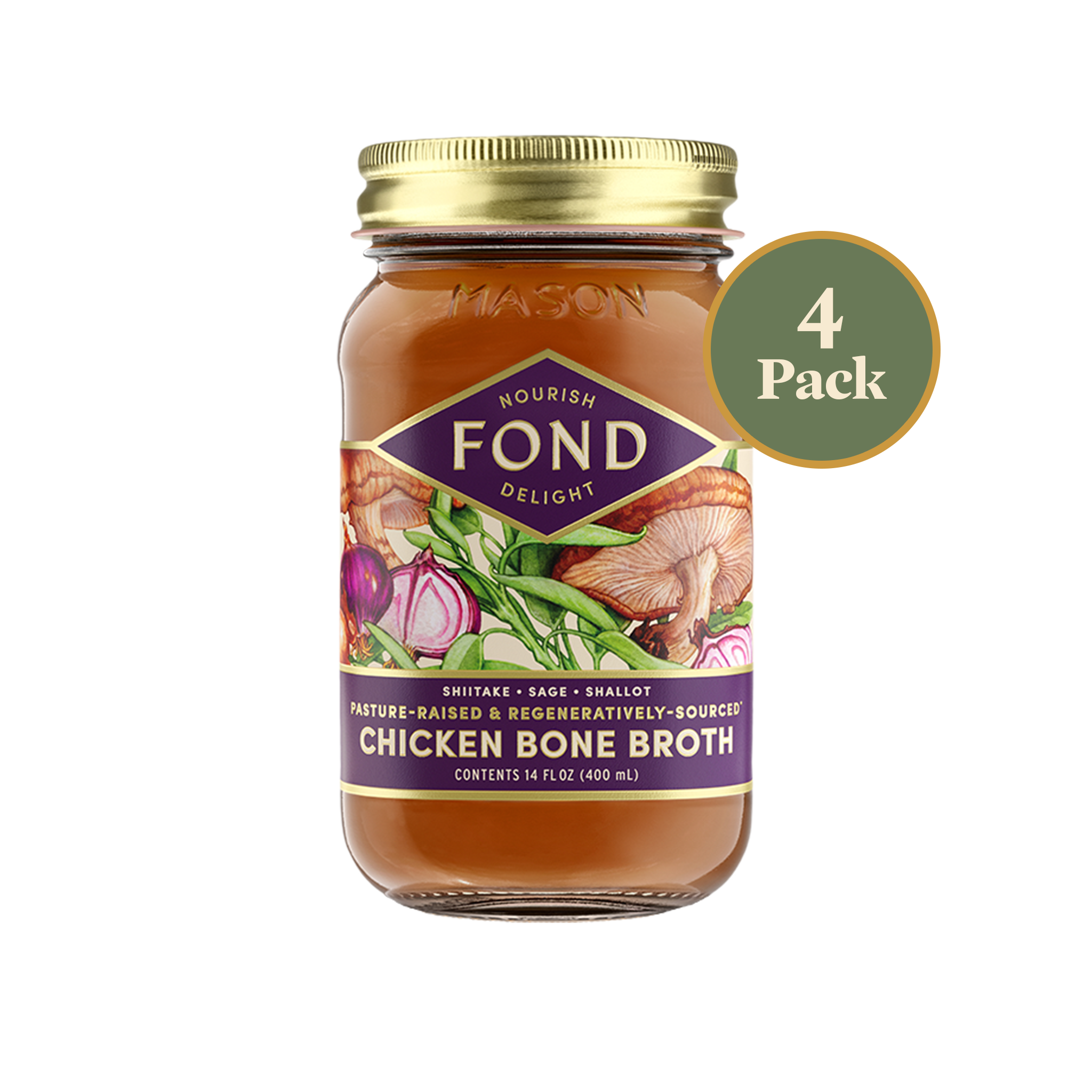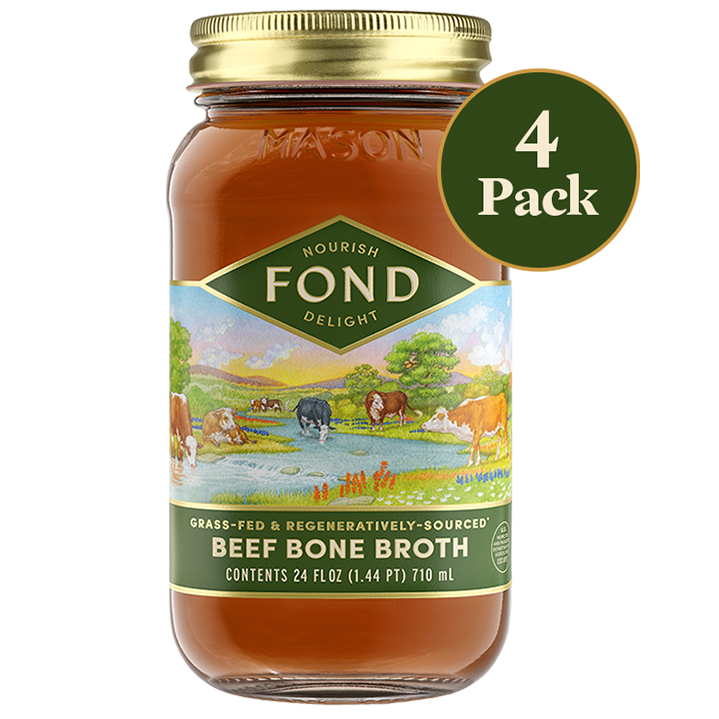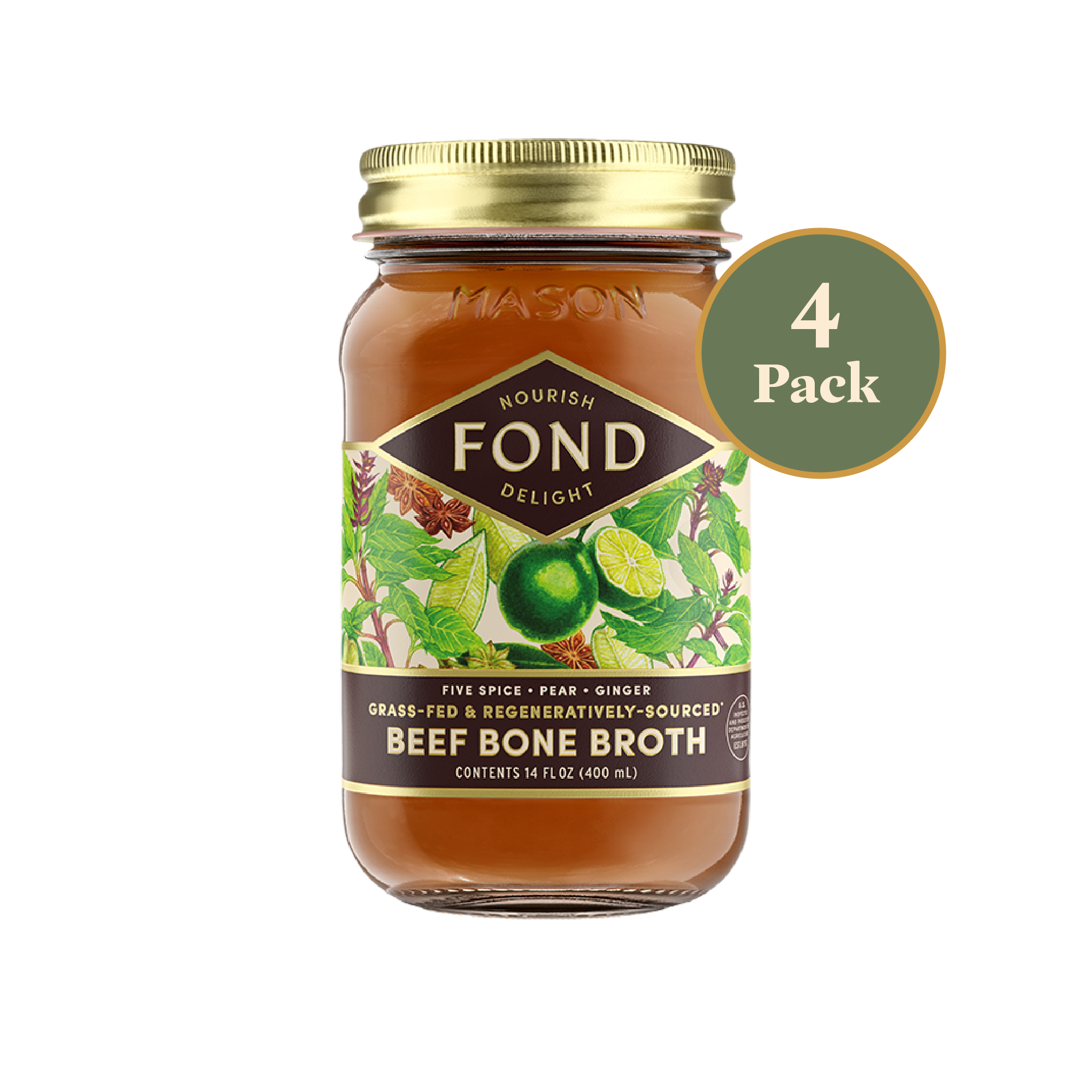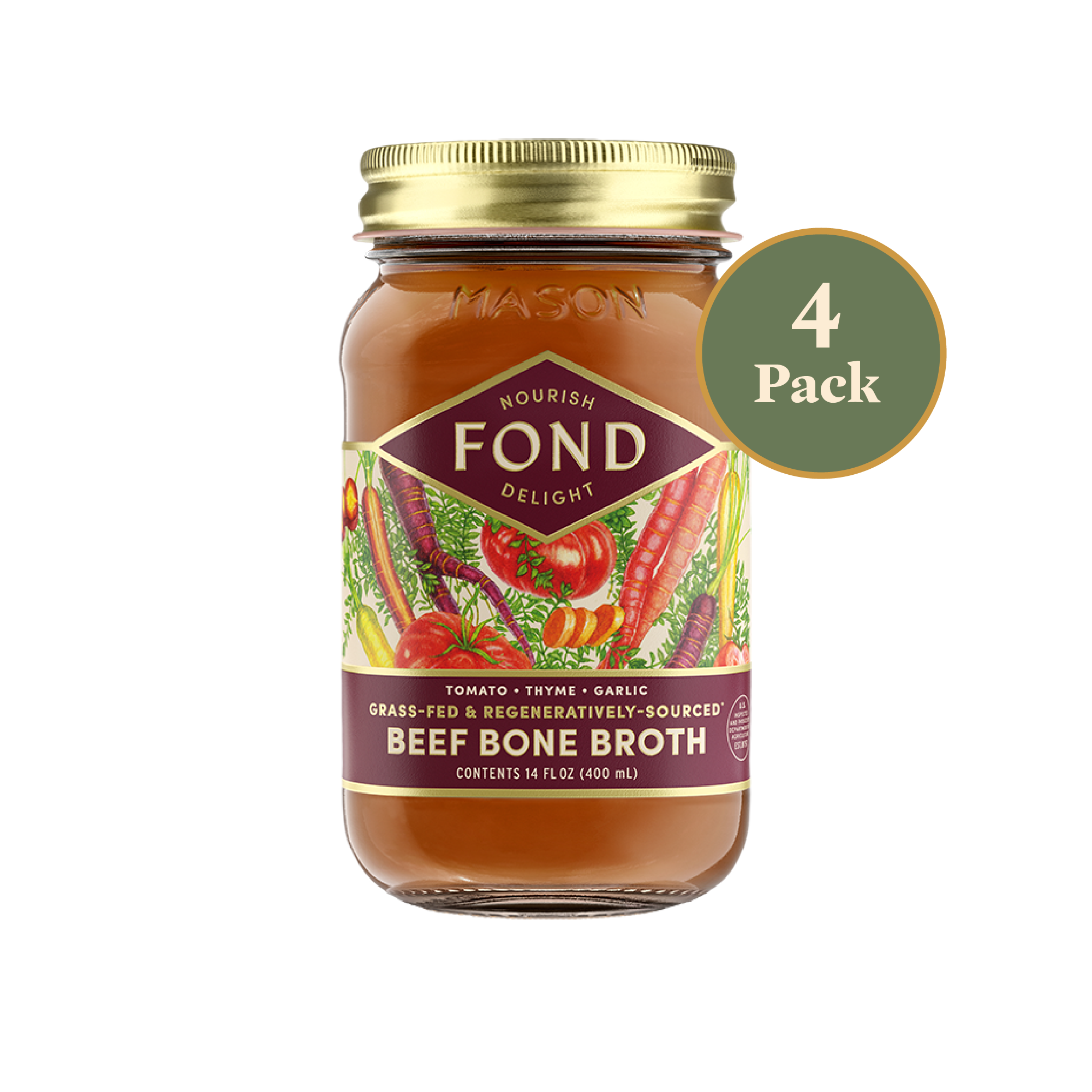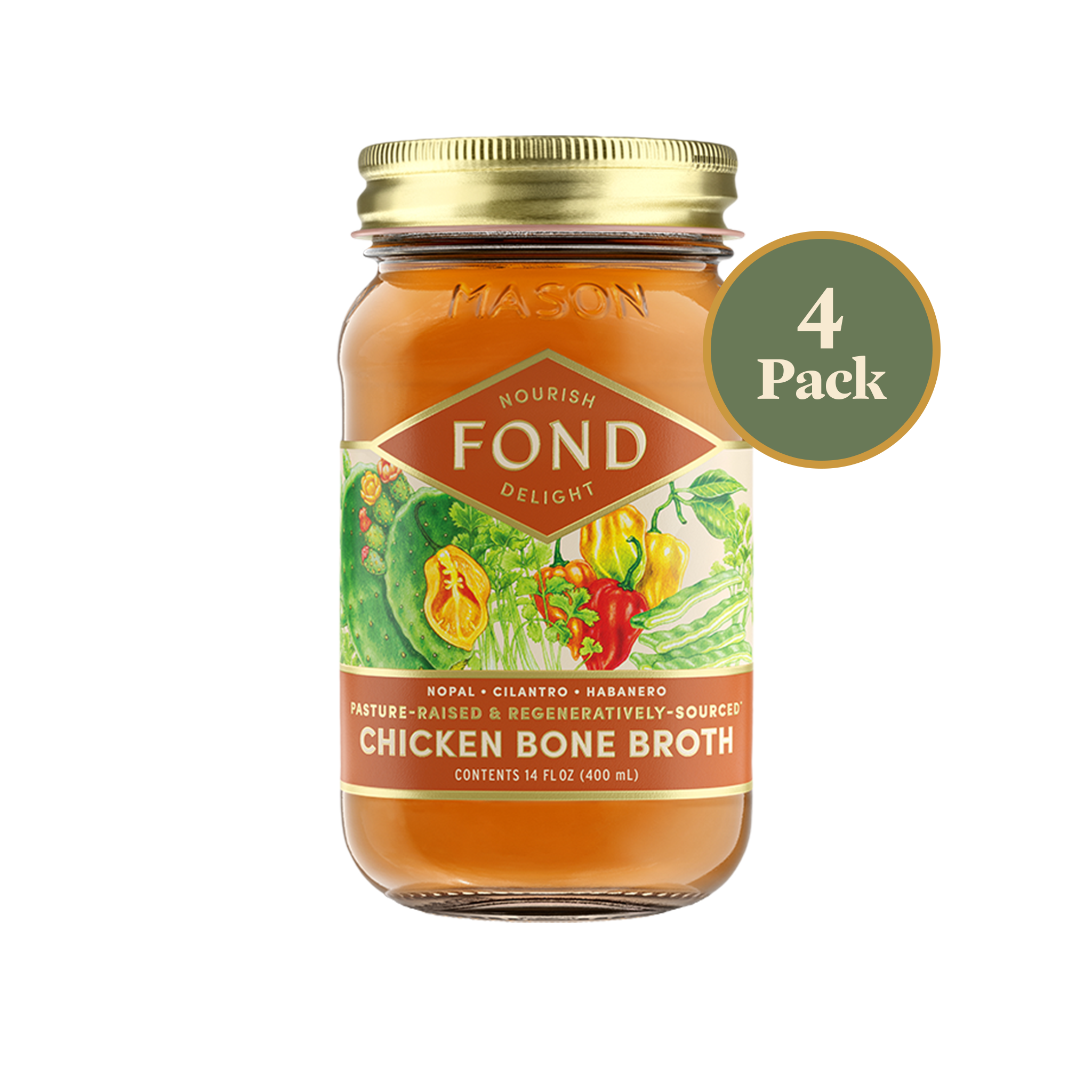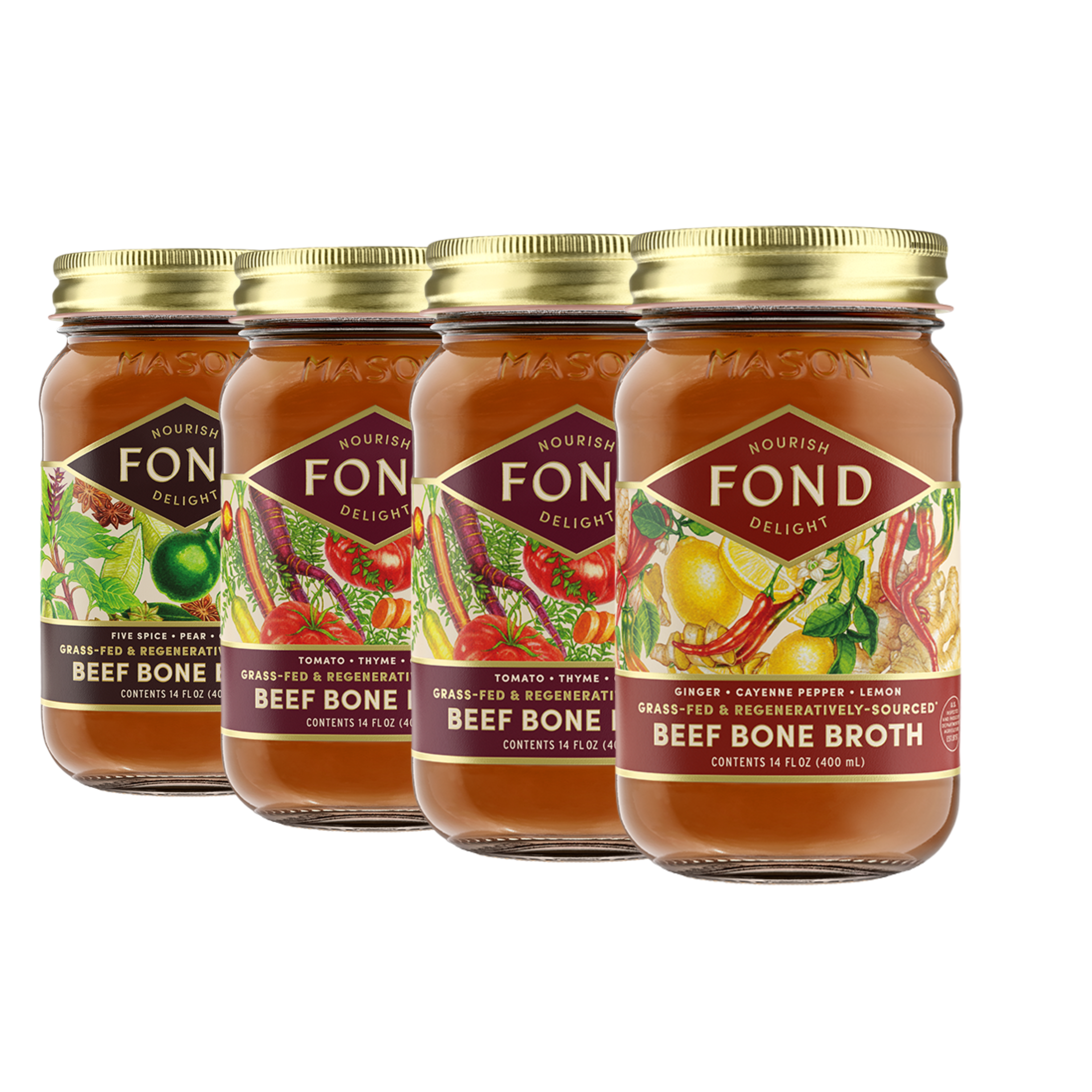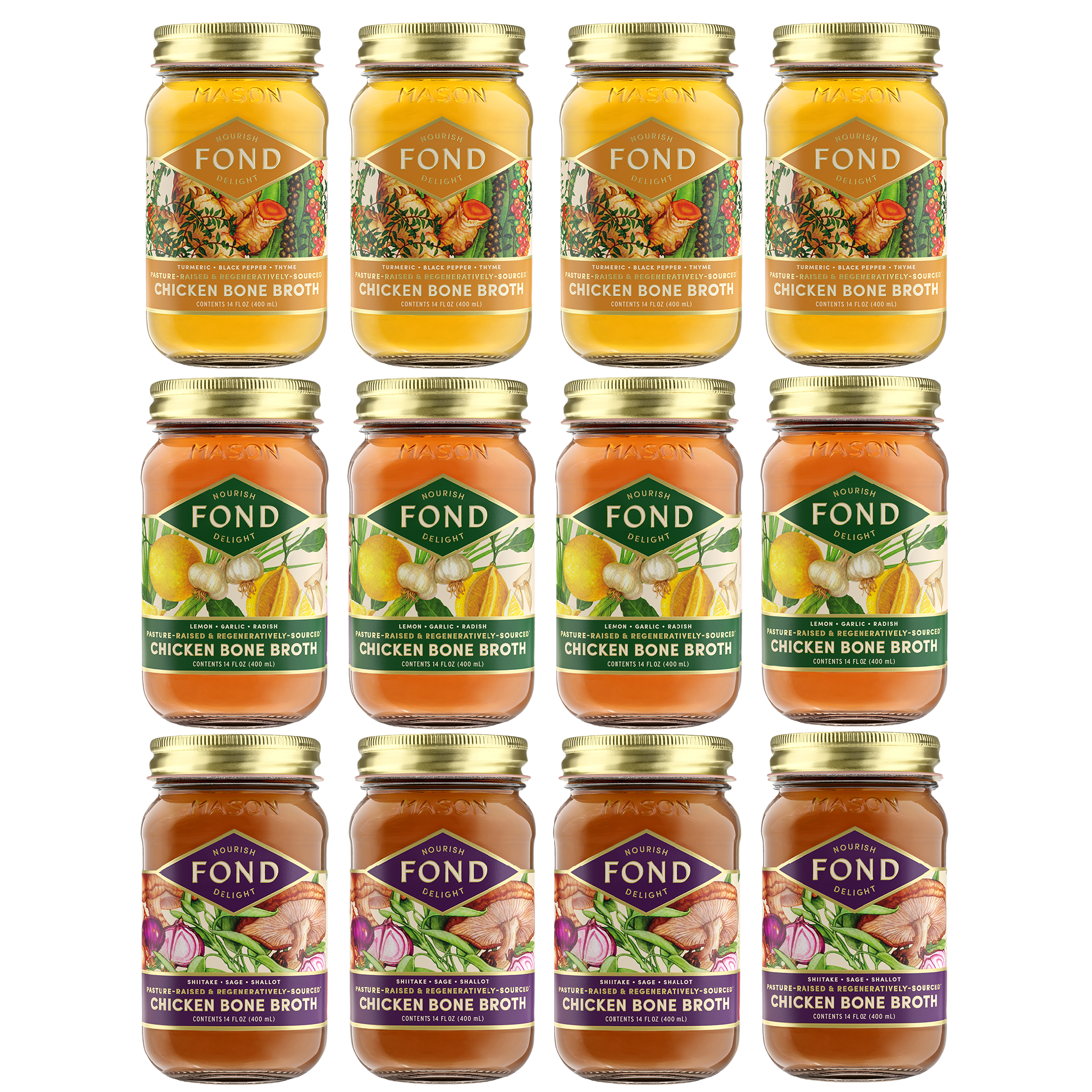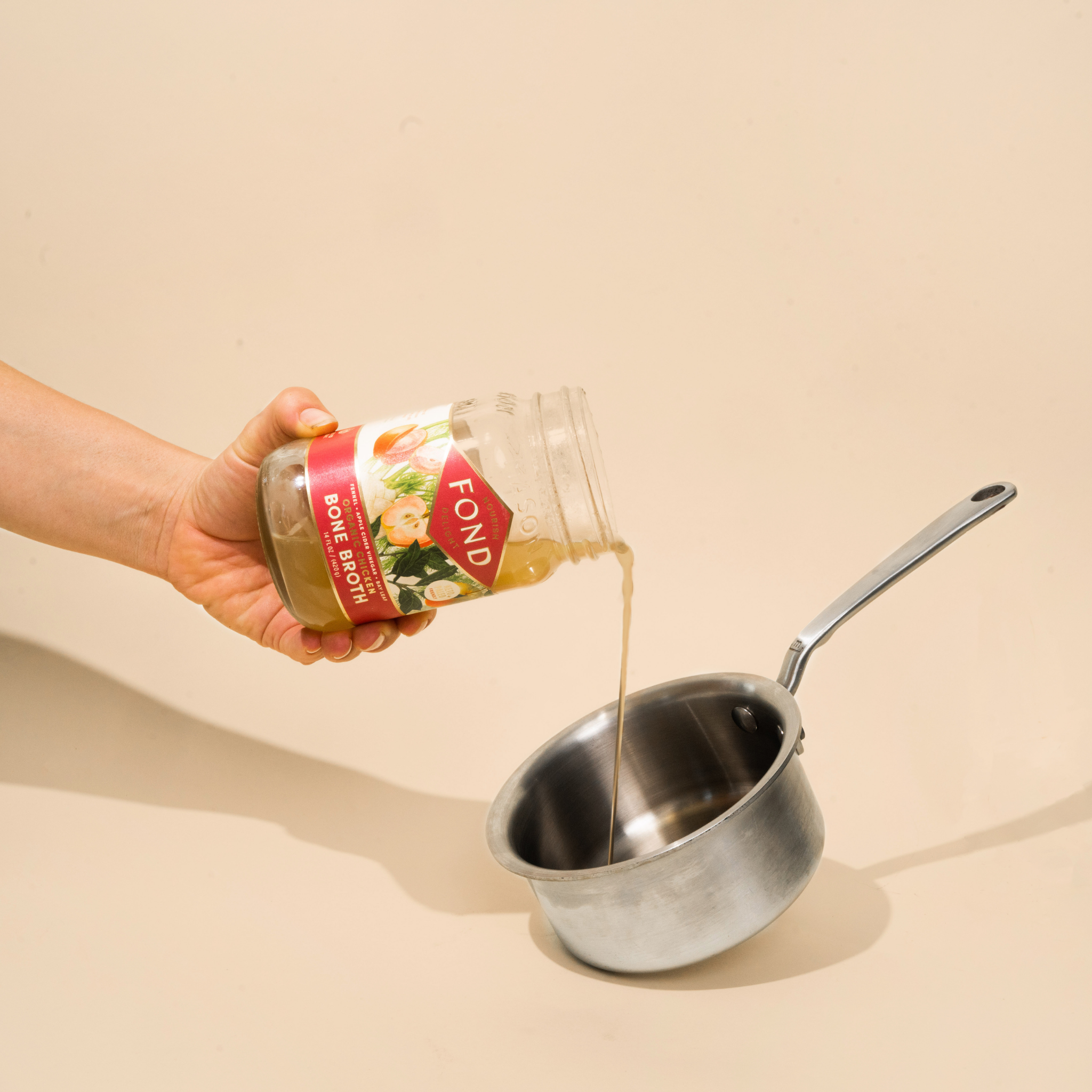You can think of minerals as the 'spark plugs' that trigger our cellular reactions. Everything from making energy, to hormone production, to liver detox, to food digestion. While some vitamins our bodies are able to produce and replete, we have to source our minerals externally. Magnesium, for example, is one mineral that has a high level of turnover in the body, but it is also involved in over 3,000 bodily reactions making it crucial to actively replenish.
Today, humans are experiencing lower levels of mineral intake than ever before between depleted soil health due to monocropping, high levels of stress, bluelight/EMF exposure, toxins, and over-supplementation of certain vitamins that can be specifically mineral depleting-like high dose vitamin D.
Supporting our daily mineral intake is crucial to elevate mental health, bolster physical strength, and reduce bodily stress. The funny thing is, it’s important to manage stress to optimize mineral absorption, but we also NEED minerals to support stress management pathways of the body to calm the nervous system. Here are a few ways to optimize your mineral intake:
Manage Stress
Slowing down to breathe is one of the best (and most accessible ways) we can manage our stress levels by calming the nervous system to get into ‘rest and digest’ mode. My signature method, The Rule of 3s, incorporates breathwork at meals as a way to optimize the absorption of nutrients at every meal.
What’s the process? Sit down, slow down and think about slow, deep breaths in and out through the nose. Three deep breaths, three times per meal (9 breaths total). This practice helps optimize our stress resilience; our ability to respond and adapt healthfully to stressors.
Support Your Macrominerals
Before turning your focus towards other minerals such as iron or copper, first focus on the key macro minerals. The four main macro minerals include sodium, potassium, magnesium, and calcium.
Let’s start with sodium. You can think of sodium as your adrenal mineral. Sodium helps you handle stress; when you go into acute states of stress, your sodium levels are the first to drop. Sodium is also crucial for optimal stomach acid, a key component of digestion!
Great sources of sodium include mineral mocktails (see my recipe here), high quality mineral salt, raw carrots, and bone broth are all examples of sodium rich foods that can help boost your mineral intake.
Another important mineral is potassium. Potassium has insulin-like effects because it helps us balance our blood sugar. Tropical fruits such as bananas, pineapples, coconuts, and avocados as well as root vegetables such as sweet potato, white potato, and squashes are fantastic sources of potassium. FOND is a rich source of potassium as well!
It's important to start with supporting your sodium and potassium intake before jumping to magnesium repletion. With that being said, magnesium is vitally important: think of it as your sleep and stress resilience mineral. Food sources are hard to find, so start with topical magnesium such as epsom salt baths or magnesium oil or lotion. Go slow, wean up, don’t rush to oral supplements! Consider supplements like mag glycinate (for sleep!) or mag threonate (great for brain health) later.
The last macromineral to really focus on is calcium. The first important thing to note about calcium, is that it should never be supported through supplements because some supplements can heighten risk of cardiovascular issues. The best way to optimize is through calcium-rich foods such as dairy, bone broth, and dark leafy greens
Bone Broth, Bone Broth, Bone Broth
Notice that bone broth was a recommended source of multiple minerals? Well you can also think of bone broth as a 'massage' for the intestinal lining of the gut; it has an anti-inflammatory, gut soothing and reparative effect that helps to bolster your immune system and overall gut healing. Bone broth is rich in gelatin, a cooked protein form of collagen, which helps to decrease joint inflammation, increase sleep, and support the healing of the intestinal lining while also improving the functionality of our digestive tract. Gelatin is hydrophilic and draws water into the digestive tract to promote healthy motility and regularity of bowel movements. Bone broth is also high in protein which means it is stocked full with amino acids like glutamine that act as ‘fuel’ for the enterocytes (intestinal cells) to support healing and sealing of the gut lining.
Overall, Bone broth is not only an incredible source of protein, but it is a rich source of whole food macro minerals. These minerals help bolster gut health, revitalize your metabolism, and lower stress — your secret to a long and healthful life.
Meg Gerber, (RD, LD, IFNCP, CGN). Meg is a Functional Medicine Dietitian, best selling author, and the founder of Grounded Nourishment. Meg specializes in working with individuals who struggle with chronic digestive issues. Through her own journey of digestive struggles and autoimmunity, Meg has learned the power of being in your body and listening to its needs.
Meg’s Functional Medicine practice includes an approach to nourishment and healing that combines individualization and root cause analysis. Moving beyond diets, functional testing and supplements, Meg empowers her clients with ongoing tools for stress management as an integral pillar to sustainable gut health and longevity.
Her #1 bestselling cookbook is available for purchase on Amazon, and her expertise has been featured on podcasts such as Dare to Move, Any Question and GrassRoots Functional Medicine.









